Pine martens could return to south-west England for the first time in 150 years!
- Published
- comments
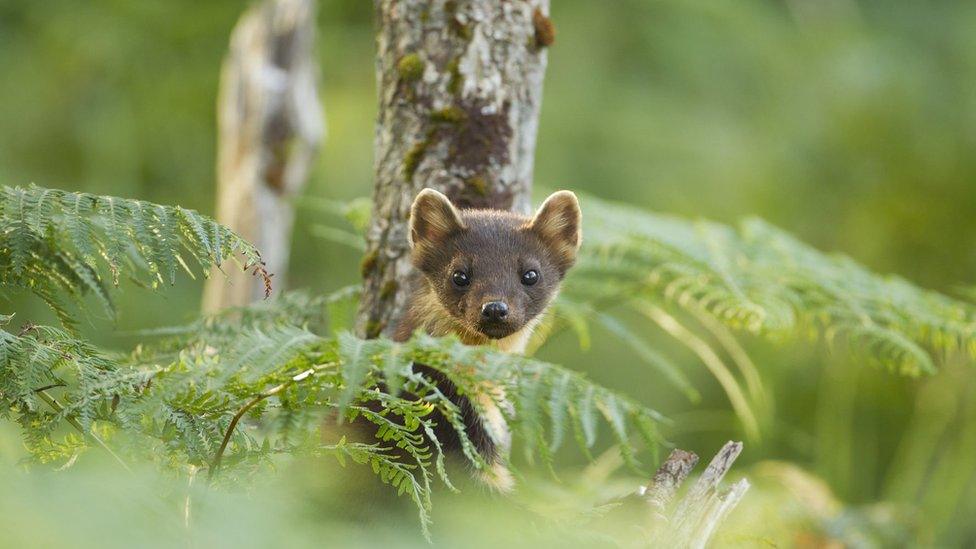
This is a Pine Marten
Pine Martens could be reintroduced into the wild in south-west England.
It's been 150 years since they were last found in the wild in that area.
Devon Wildlife Trust and the Woodland Trust are working with the National Trust on this project.
Conservationists working with the National Trust hope they could have the project underway by 2024.
What is a pine marten?
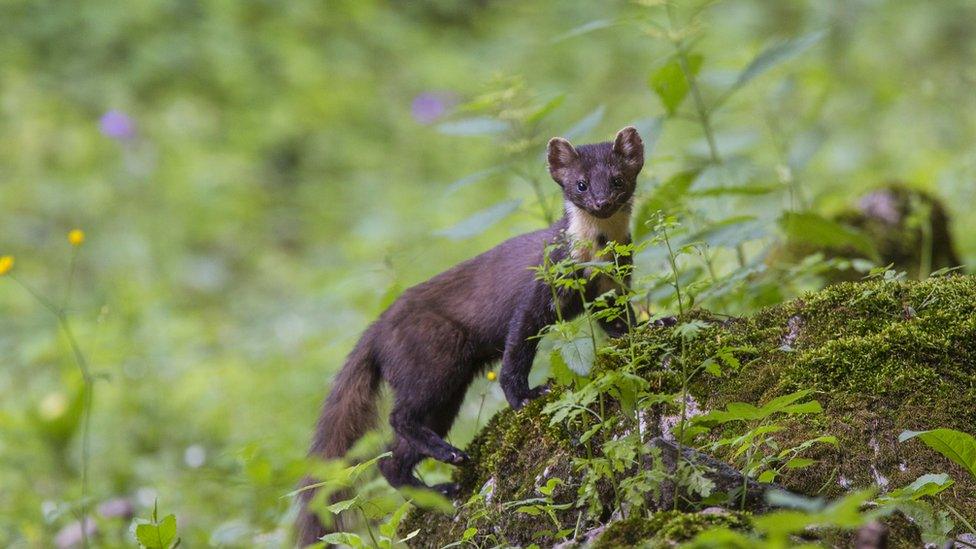
Did you know? Pine Martens are nocturnal which means they sleep in the day and spend most of their time awake at night
The pine marten used to be one of England's most common mammals.
In the woodlands, the omnivores would eat voles, rabbits, fungi, berries and small birds which would help keep a natural balance in the woodlands.
However, loss of habitat and hunting left them endangered.
In Victorian times hunting Pine Martens was a popular sport and their fur was used for clothing and other fashion items.
Because of this by the 1880's they had disappeared from the South-west of England completely.
The remaining Pine Martens were found in Scotland and have stayed there ever since.
What's the plan?
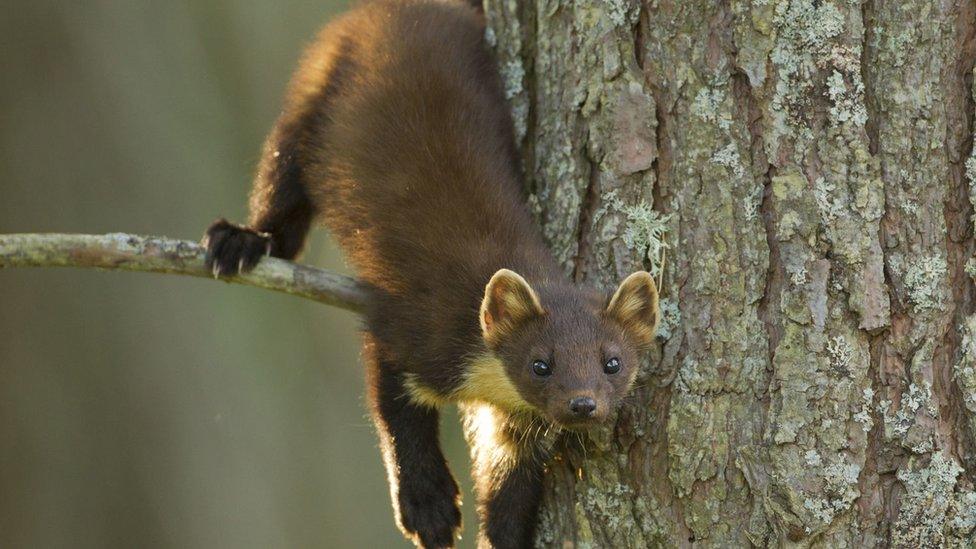
Did you know? Pine Martens are omnivores which means they eat both plants and other small mammals
The new plan is called the Two Moors Pine Marten Project and the conservationists are looking at finding suitable sites to reintroduce the mammals.
The trusts involved in the reintroduction want to work with locals to help them understand how to sustainably reintroduce the mammals and help restore the woodlands in the process.
Now new studies have suggested that the South-west of England would be perfect for a re-introduction programme.
The teams will work with local farmers, landowners and other land users to understand what impacts the pine martens could have if they are reintroduced to the area.
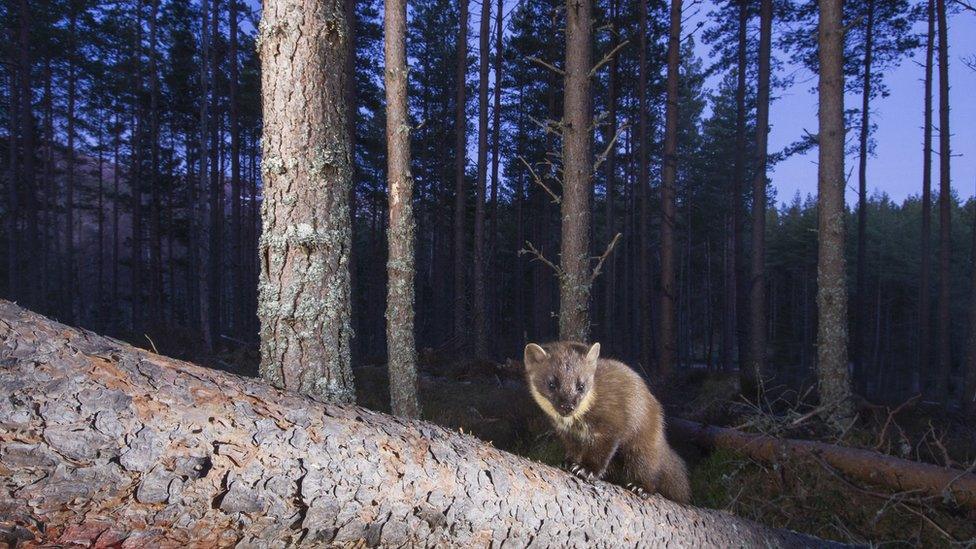
The study found that woodlands, quiet roads and rivers would help the pine martens thrive.
Chief executive of Exmoor National Park Authority, Sarah Bryan said: We're pleased to be looking at the possibility of making these charismatic creatures part of Exmoor's rich natural heritage once again.
"The next step will be to talk with local people and those with direct experience of pine martens to determine if reintroduction is right for Exmoor and, if so, how we can work together to design a successful reintroduction programme."
- Published19 July 2022
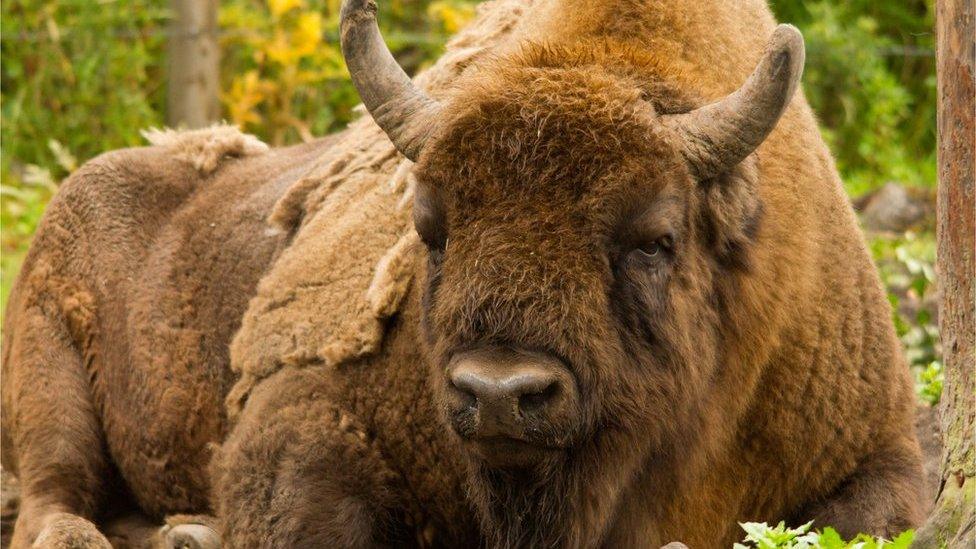
- Published21 July 2022
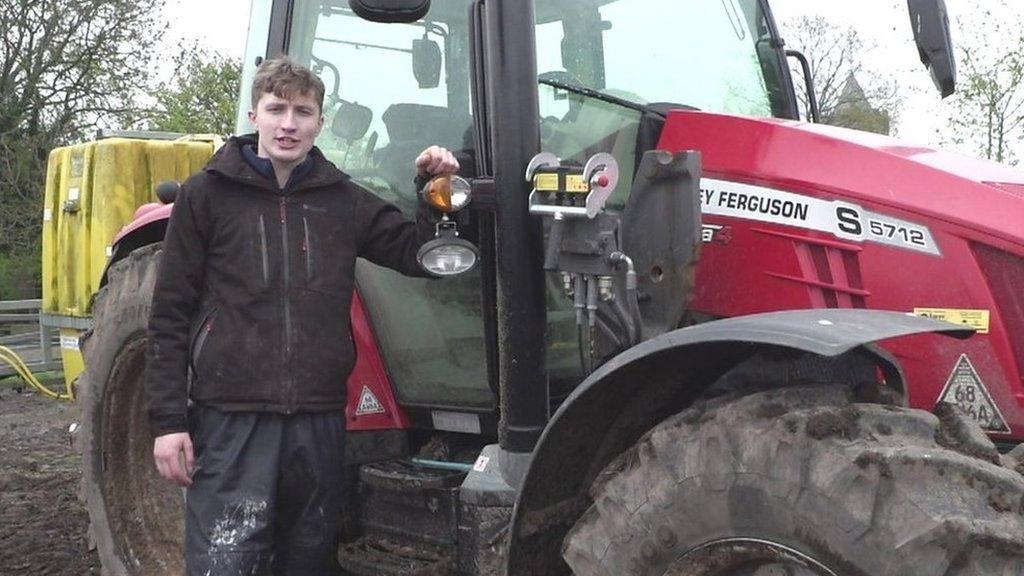
- Published19 July 2022
